
#6 in my ranking of Tony Scott’s filmography.
This feels like a very unpolished Quentin Tarantino script, which I’m pretty sure it is. Part of an epic writing effort by Tarantino and Roger Avery while they were still working in that video store, the first half became Natural Born Killers while the second became True Romance. It has these hallmarks of a rambling script, a series of ideas sort of connected to each other but without the kind of attention to story cohesiveness that Tarantino would bring to his own directed projects. Bought by the Weinstein Brothers who hired Tony Scott to direct, it’s a stylish, quasi-Tarantino jaunt through pop-culture references, gangsterism, Hollywood satire, stylish violence, and, yes, romance. Its pastiche qualities impede my enjoyment a bit, but it’s still a fun ride while it lasts.
Clarence (Christian Slater) is a loner, working at a comic book store who loves asking women out to Sonny Chiba triple features on dates. Alone while in such a triple feature, Alabama (Patricia Arquette), runs into him, gets him to invite her to pie afterwards, and they go back to his place where they discover that they have very quickly fallen in love. She is, of course, a call girl sent by his boss to lighten his mood on his birthday, but that doesn’t diminish his love for her or her pixy-dream-girl status as the perfect girl for him. This opening half hour or so is the best of the film, focused on our two characters as they get to know each other, selling the titular romance despite Alabama’s general unreality (too pretty, too well endowed, too innocent despite her profession, and too ready to fall into Clarence’s preferred cinematic tastes).

What follows is really a kind of staccato series of events, connected only by the fact that Clarence and Alabama are in the middle of them. That’s enough for a Tony Scott film, but characters having great scenes, like Drexl (Gary Oldman), Alabama’s pimp and his faceoff with Clarence or Vincenzo (Christopher Walken) having a faceoff with Clarence’s dad, Clifford (Dennis Hopper), to just simply disappear from the film completely is indicative of something of a fractured storytelling mechanic. It would be like Hans Landa never appearing again in Inglourious Basterds after his first scene. The plot device keeping it all whole, though, is the suitcase full of cocaine that Clarence accidentally takes from Drexl’s pad.

And Clarence and Alabama going to LA to shack up with his actor wannabe friend, Dick (Michael Rapaport), to try and use his contacts (what few he has) to sell the large stash is entertaining. It just doesn’t really seem connected to what came before all that strongly. Yes, it has the plot mechanics and characters to do it, but this doesn’t feel like a flowing story but more like a series of episodes of television. I think that’s why I don’t embrace the film as much as many others. There’s a disconnect from one major segment to the next that feels like something that should have been smoothed over in a rewrite.

That being said, those individual pieces are a fun combination of Tarantino characters and dialogue along with Tony Scott’s style. Scott is a solid actor’s director, and he gets good performances out of everyone, relying heavily, of course, on that quality dialogue from Tarantino. Scott’s style is out of synch with Tarantino’s, Scott preferring the action over the buildup (yes, Kill Bill Volume 1 exists, but so does Kill Bill Volume 2). He does the action well, even changing a scene to happen at an amusement park so he can film a roller coaster. He also brought in the Joel Silver comparison because of his bad experience on The Last Boy Scout with Saul Rubinek playing Lee Donowitz approximately like Silver behaved (providing the only real bite to the satirical side of the Hollywood view).
The actual movement of the plot never feels like its fated or inevitable, more randomly getting there, making it feel episodic in ways that singular stories shouldn’t be. The Italian mobsters, for instance, largely fall out of the film for a large chunk only to suddenly show up at the finale, mixing up in the sting operation for the cocaine local police have set up. This is where having Walken come back might have helped tie everything together, especially with such a violent end for Clarence’s father that gets completely forgotten by the film since Clarence simply never finds out what happened.

The heart of the film is that relationship between Clarence and Alabama, though, and once you get past the manic-pixy-dream-girl aspect of Alabama’s character, it’s actually a rather sweet, if somewhat twisted romance between the two. He’s willing to go to any pulpy end to protect her, from confronting drug dealers to selling half a million dollars’ worth of cocaine to a Hollywood producer while BSing his way through every meeting. The way that Alabama falls all over him while Clarence portrays cool is just endearing. There are obvious, heavy parallels to Terrence Malick‘s Badlands, the least of which could not be the use of Orff’s tune by Hans Zimmer, rescored slightly as “You’re So Cool”, but it’s been twisted in a way where the guy who kills is cool and justified, taking a poetic tragedy of Americana and making it into pop culture infused celebration of movie tropes.
I don’t mind that, but it’s just kind of interesting to note.
That being said, it’s pretty good. It’s an entertainment first and foremost, and it does it well. Tony Scott again works from a solid script, this time with far less tampering by his producers and stars, and he has the room and appropriate space to make his visual stylings fit reasonably well (I think this script as is might have worked better with Tarantino’s focus on buildup rather than payoff, but that’s just me). There’s a sweet core, some solid action, and a lot of fun dialogue along the way. It’s quality entertainment from Scott.
Originally published here





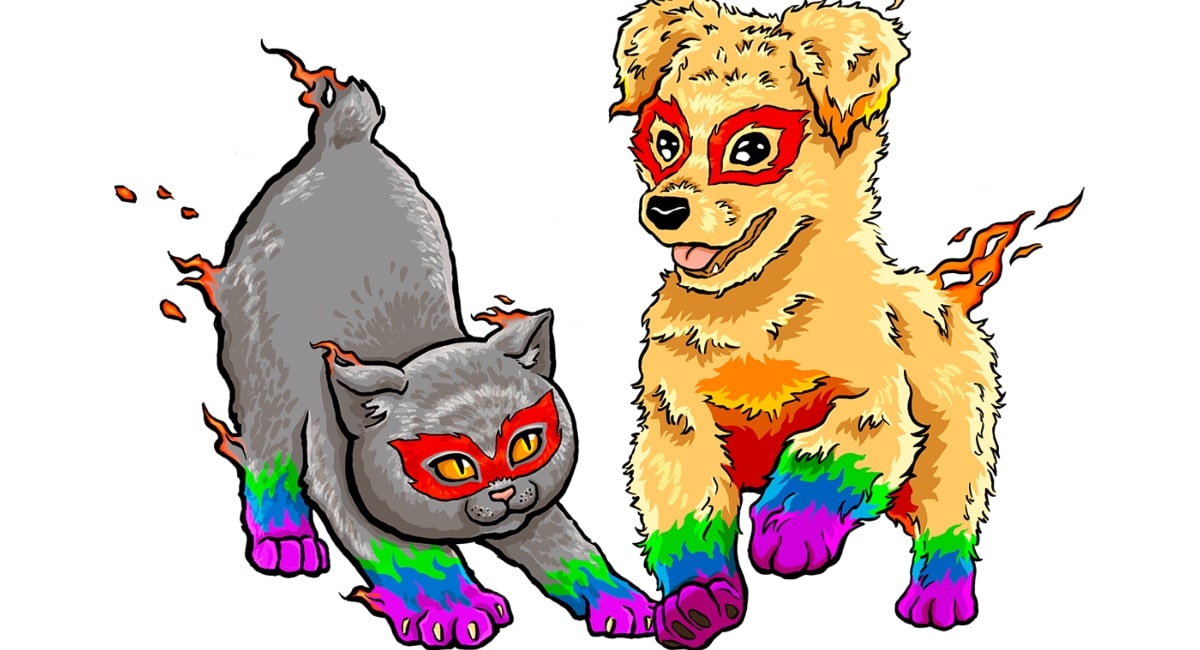

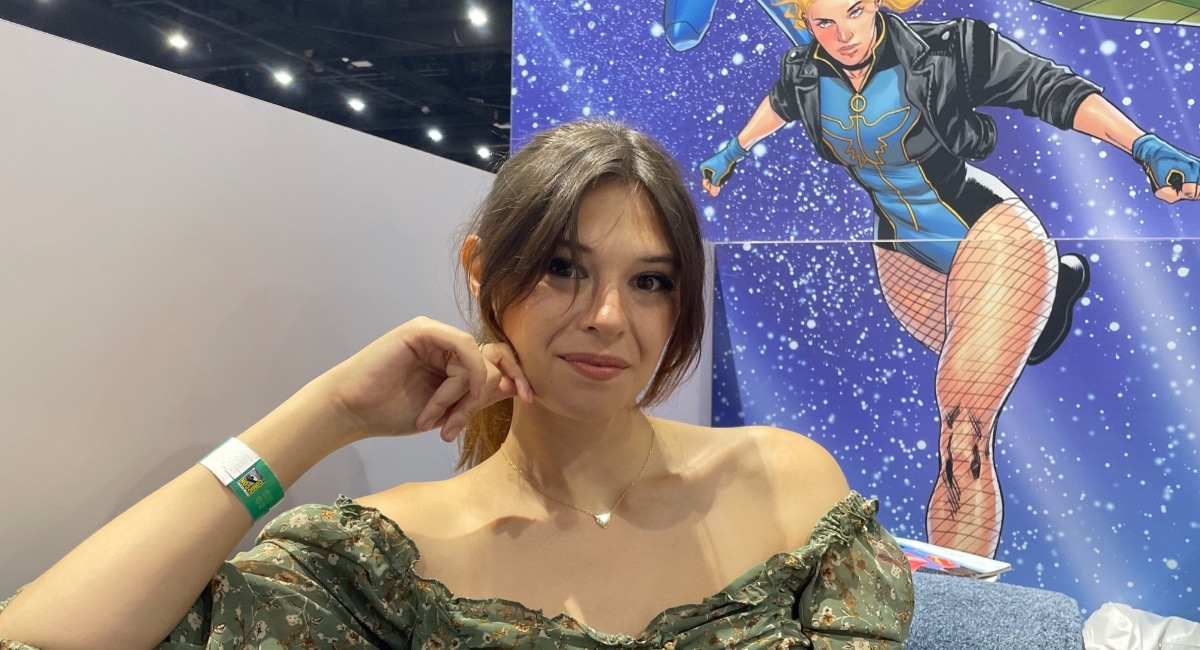
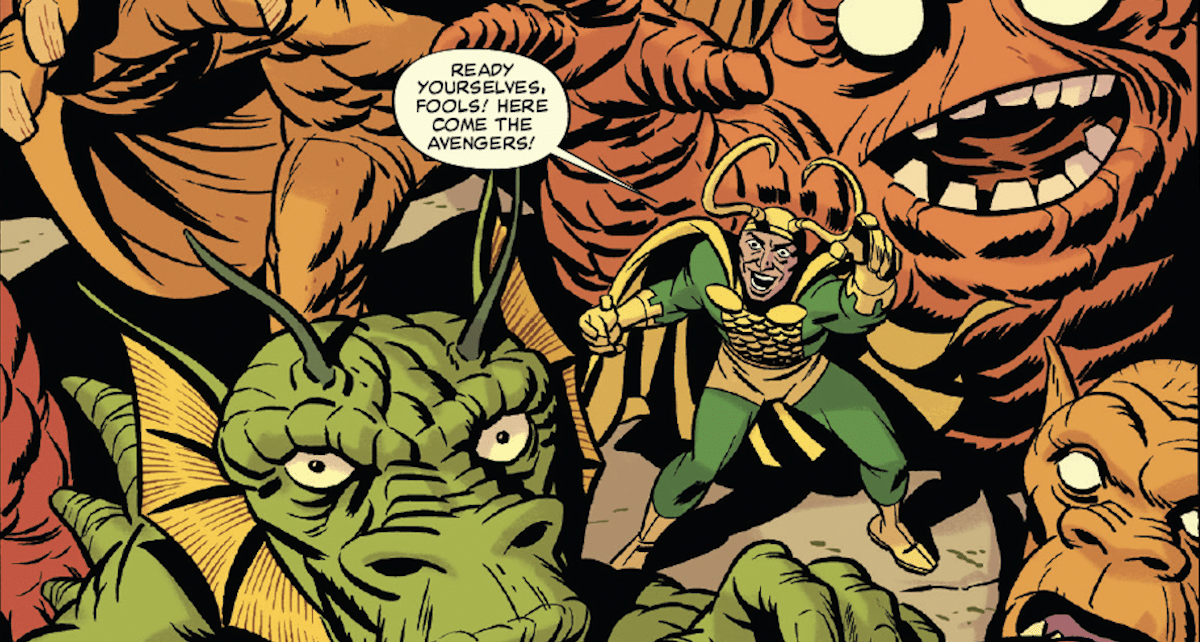
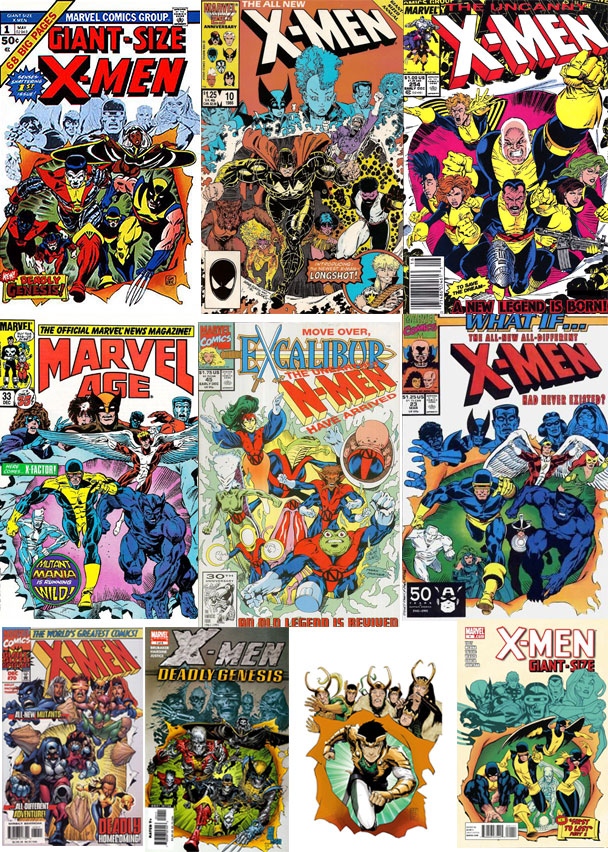



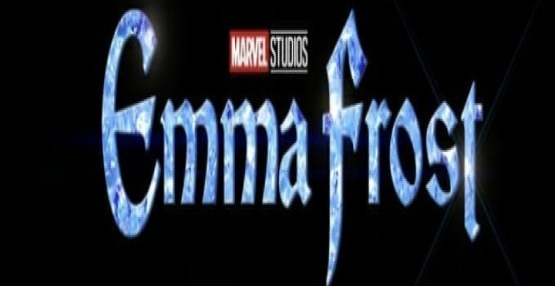

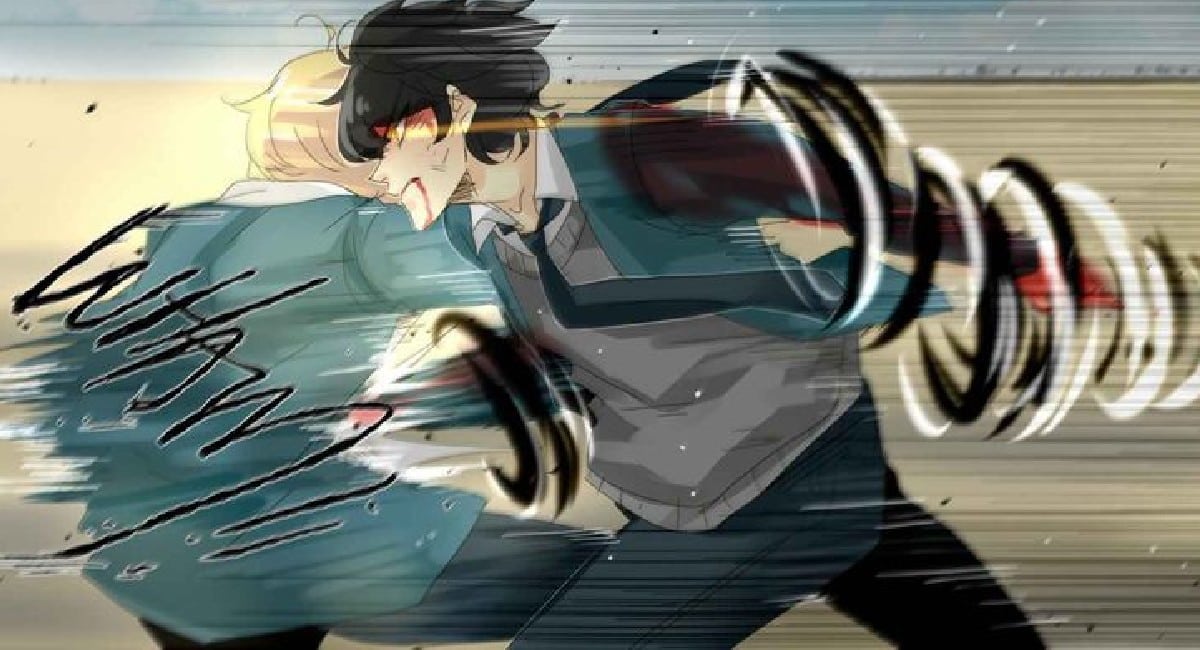



 English (US) ·
English (US) ·